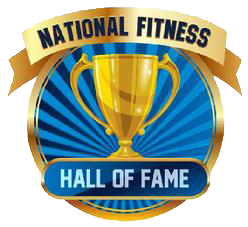December 9, 2024
Do Fat Burners Actually Work?
Unpacking the Myths and Realities of Weight Loss Supplements
For anyone striving to lose weight, the promise of a supplement that can seemingly melt away fat is undeniably tempting. Fat burners—supplements marketed as metabolism boosters or appetite suppressants—are a popular choice for those looking to enhance their weight loss journey. These products often tout impressive claims of effortless results, but do they live up to the hype? More importantly, are they safe?
As a seasoned personal trainer in Nashville, I’ve seen countless clients curious about fat burners. Let’s break down what they are, how they work, and whether they deliver on their promises.
What Are Fat Burner Supplements?
Fat burners come in various forms, from pills to powders, and usually contain a blend of ingredients touted as natural or synthetic compounds designed to promote fat loss. These supplements often claim to:
- Increase metabolic rate: Boost your body’s calorie-burning capabilities.
- Block fat or carbohydrate absorption: Prevent the body from storing certain nutrients as fat.
- Suppress appetite: Reduce hunger, helping you eat less.
The concept of fat burners is appealing because they seem to offer results with minimal effort. However, the actual effectiveness of these products is hotly debated, and scientific evidence supporting their claims is limited.
How Do Fat Burners Work?
The mechanisms of fat burners vary depending on their ingredients, but they typically fall into three categories:
- Elevating Metabolism: Ingredients like caffeine and green tea extract stimulate thermogenesis (heat production in the body), increasing your calorie burn.
- Suppressing Appetite: Certain compounds, such as fiber or plant extracts, aim to curb hunger by promoting satiety.
- Reducing Fat Absorption: Some supplements claim to block dietary fat from being absorbed and stored.
Popular Ingredients and Their Effects:
- Caffeine: A common stimulant that temporarily boosts metabolism and energy levels. However, excessive caffeine can lead to jitters, insomnia, and elevated heart rates.
- Green Tea Extract: Contains antioxidants like EGCG, which may enhance fat oxidation, but its overall effect on weight loss is minimal.
- Carnitine: Helps the body convert fat into energy, but studies show mixed results on its effectiveness for fat loss.
- Yohimbe: Known for its stimulant properties, this ingredient can increase energy but also comes with risks like high blood pressure and anxiety.
- Soluble Fiber: Promotes fullness and may reduce fat absorption, but results depend heavily on dietary habits.
While these ingredients might support weight loss under ideal conditions, their impact is often small and temporary. Moreover, fat burners are not regulated by the FDA, raising questions about their safety and efficacy.
Are Fat Burners Safe?
Safety is a major concern with fat burners due to their lack of regulation. Here are some risks to consider:
- Hidden Ingredients: Studies show that some supplements contain unlisted or synthetic compounds, which can cause unexpected side effects or interact poorly with medications.
- Stimulant Overload: High doses of caffeine or other stimulants can lead to elevated heart rates, hypertension, and insomnia.
- “Natural” Doesn’t Mean Safe: Natural ingredients like yohimbe or previously banned ephedra can still have dangerous side effects, including heart issues.
- Liver Damage: Some fat burners have been linked to cases of liver toxicity, often due to untested or unlisted ingredients.
For these reasons, it’s crucial to consult a healthcare professional before trying any supplement, especially if you have pre-existing conditions.
Do Fat Burners Actually Work?
The effectiveness of fat burners is marginal at best. While they may slightly boost metabolism or reduce appetite, these effects are minimal compared to the results achieved through consistent exercise and a balanced diet. Research suggests that fat burners can only enhance weight loss when paired with lifestyle changes, such as:
- Strength Training: Build muscle to increase your resting metabolic rate.
- Cardio Workouts: Burn calories and improve cardiovascular health.
- Balanced Nutrition: Focus on whole foods, lean proteins, complex carbs, and healthy fats.
- Rest and Recovery: Prioritize sleep and stress management to maintain a healthy metabolism.
The Bottom Line: Do Fat Burners Make a Difference?
While fat burners may provide a small metabolic boost, they are not a substitute for the fundamentals of weight loss: diet, exercise, and consistency. For most people, the risks outweigh the benefits, and these supplements should be approached with caution.
As a personal trainer in Nashville, my advice is to focus on sustainable habits rather than quick fixes. Strength training, a balanced diet, and adequate recovery are far more effective—and safer—ways to achieve long-term results. If you’re considering fat burners, consult a healthcare provider to understand the potential risks and interactions with your individual health needs.
Ready to Make a Real Change?
Looking for a customized plan that delivers results without relying on questionable supplements? Contact me, Jim, your trusted Nashville personal trainer, to learn how strength training and sustainable nutrition can transform your fitness journey.





